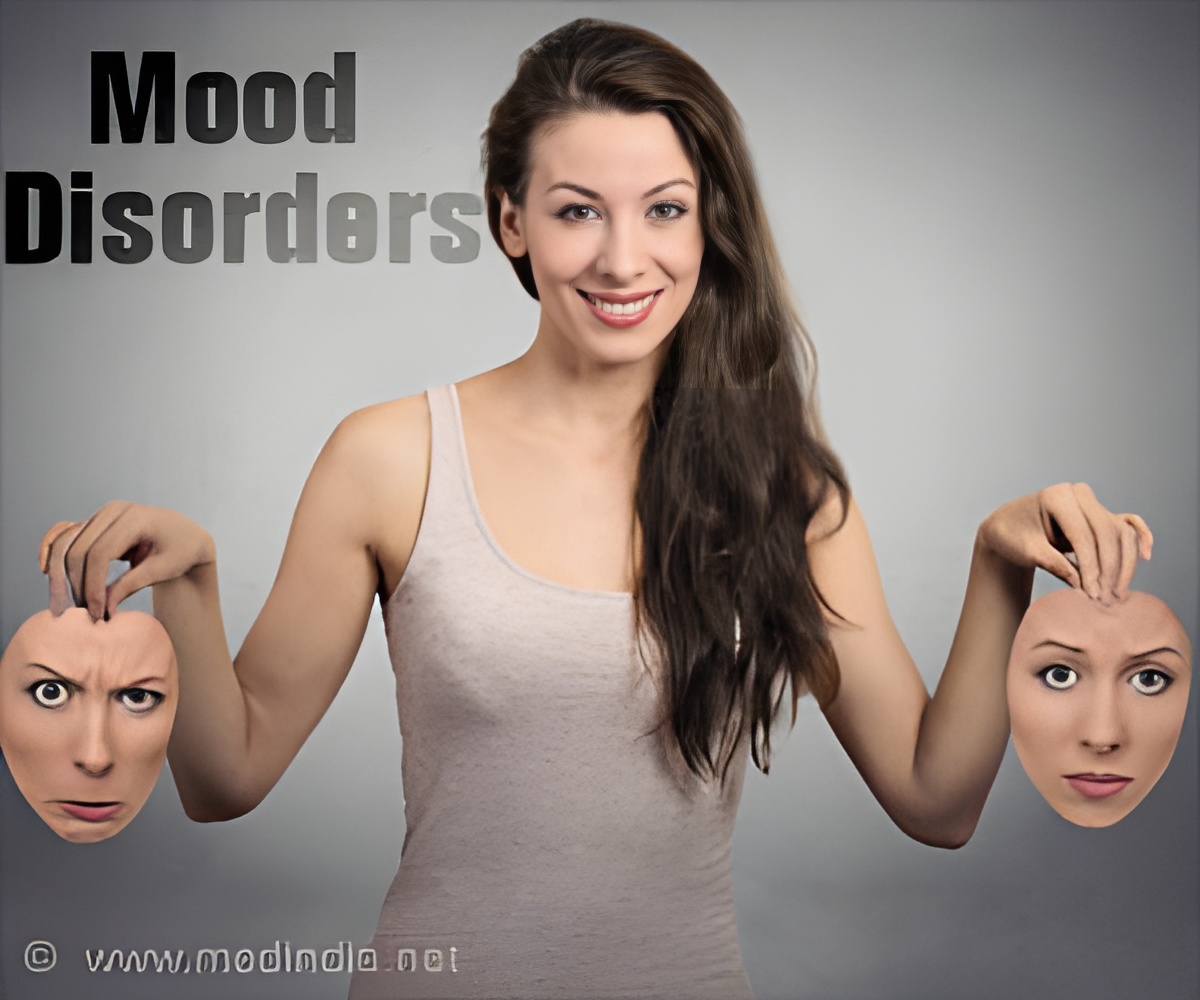Endogenous cannabinoid system (ECS), especially CB1-mediated endocannabinoid signaling has shown promising results in treatment of mood disorders in animal studies.

Mental disorders and other depressive episodes have become inherent in our society and have the highest rate of prevalence and incidence of morbidity. Untreated cases could end up in suicides.
It is a known fact that the main cause of mood disorders is an imbalance of chemicals in the brain which primarily affect your mood. Irregularities in dopamine is known to lead to psychosis and schizophrenia whereas disruptions in noradrenaline and serotonin could lead to bipolar disorder and depression.
Currently, a plethora of techniques such as psychotherapy, cognitive behavioral therapy, electroconvulsive therapy are utilized to help restore brain chemistry and treat psychiatric symptoms. Anticonvulsant drugs, antipsychotic drugs, antidepressants are used to treat various manic episodes, but they all carry the risk of cognitive and somatic side effects which have to be closely monitored by a qualified health practitioner.
Hence there is a need to explore alternative neurochemical systems for treatment of mood disorders. Endogenous cannabinoid system (ECS) is one such system.
Endocannabinoids are substances that regulate the electrochemical transmission of numerous neurotransmitters like GABA (Gamma Amino Butyric Acid), glutamate, D-aspartate, acetylcholine, dopamine, norepinephrine, 5-hydroxytryptamine among others.
The synthesis of endogenous cannabinoid ligands, namely, N-arachidonoylethanolamide (AEA; anandamide) and sn-2-arachidonoylglycerol (2-AG) are initiated by distinct signaling cascades, mainly in response to demand from their arachidonate precursor in membrane phospholipids.
Chronic unpredictable stress reportedly also alters the physiology of various neural structures including the amygdala, prefrontal cortex, hippocampus, hypothalamus and ventral striatum, which brings about mood disorders.
Researchers observed that low doses of drugs which activate cannabinoid receptor protein-CB1 (agonists) exhibited antidepressant and anxiolytic effects, while high doses exhibited strong anxiogenic effects. In classic behavioral tests, scientists found that indirect enhancement of CB1- mediated signaling also demonstrate antidepressant and anxiolytic effects, thus exhibiting good potential for a new pharmacotherapy for mood disorders including depression.
Thus, it was seen that augmenting CB1-mediated endocannabinoid signaling in the brain is shown to modulate cognitive-affective circuits and rescue both affective and somatic symptoms of depression in rat models, making them a good candidate for treatment of mood disorders. However, this research is only in the pre-clinical stage and more clinical trials are required in the near future, especially in humans, to bring about new pharmacotherapies for anxiety, depression and other affective disorders.
Reference:
http://www.jyi.org/issue/endocannabinoids-modulate-mood/
http://www.ncbi.nlm.nih.gov/pubmed/19442178
Source-Medindia













